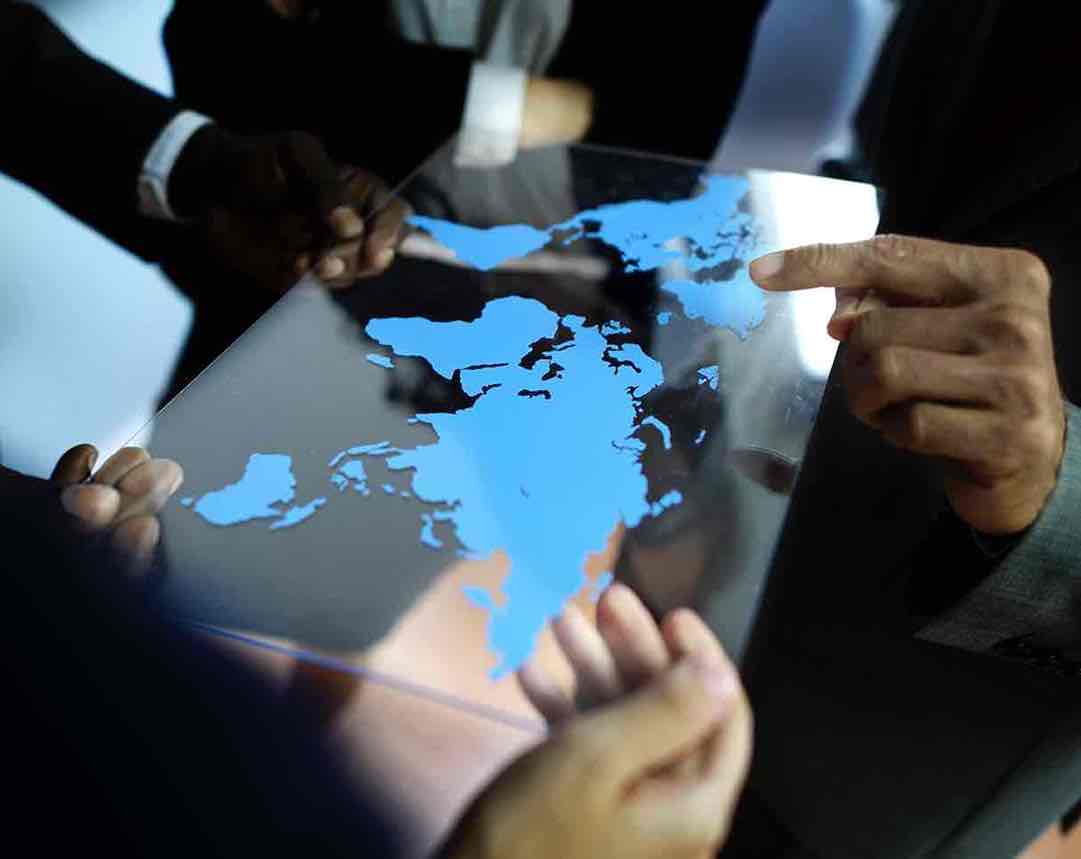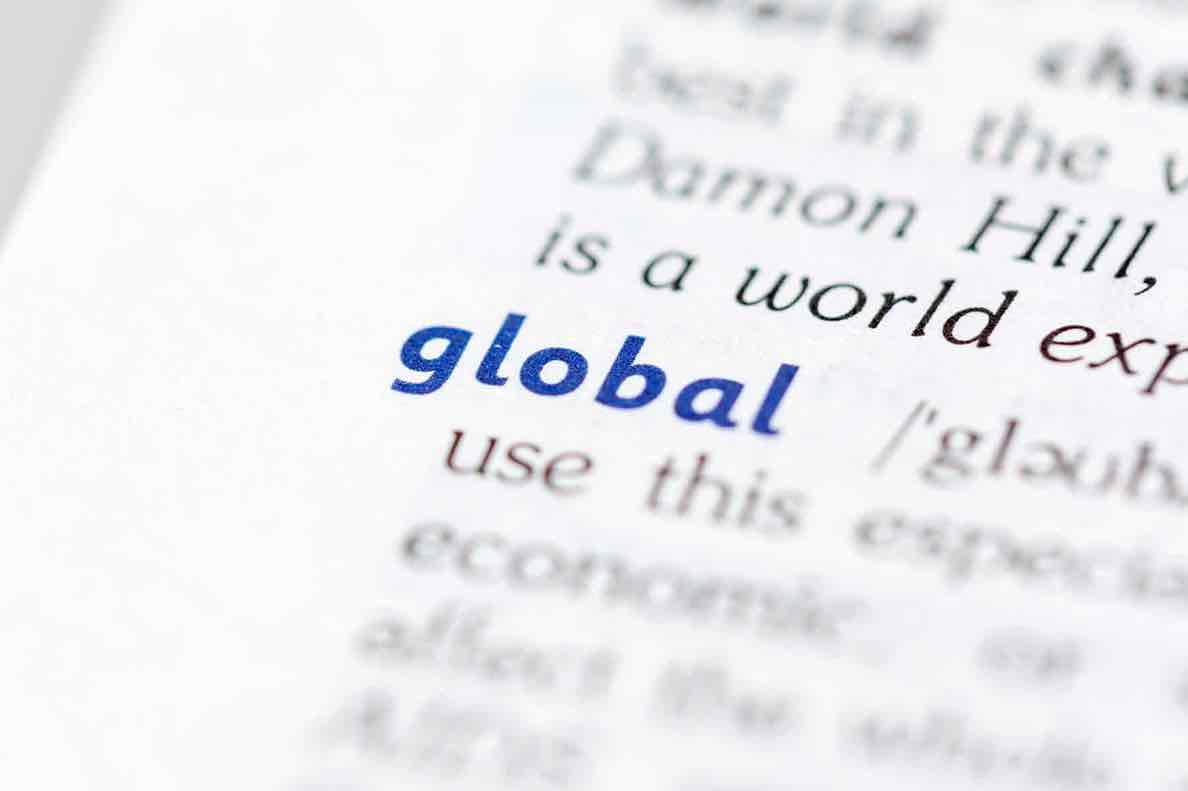Table of Contents
ToggleGlobal Trade Compliance Services are specialized solutions designed to ensure that businesses adhere to the complex web of international trade regulations. Whether you’re an importer, exporter, or supply chain manager, these services help navigate the maze of rules governing tariffs, customs clearance, and trade agreements.
Compliance isn’t just about ticking boxes—it’s about ensuring every transaction aligns with the law while maintaining operational efficiency. From determining Harmonized System (HS) codes to managing Importer Security Filing (ISF) requirements, these services streamline processes and minimize risks.
They also involve working with regulatory bodies like the US Customs and Border Protection (CBP) and the Bureau of Industry and Security (BIS). Having spent over 35 years in third-party logistics and foreign trade zones, I’ve seen firsthand how vital these services are in keeping businesses compliant and competitive.

Global Trade Compliance Services are specialized solutions designed to ensure that businesses adhere to the complex web of international trade regulations. Whether you’re an importer, exporter, or supply chain manager, these services help navigate the maze of rules governing tariffs, customs clearance, and trade agreements.
Compliance isn’t just about ticking boxes—it’s about ensuring every transaction aligns with the law while maintaining operational efficiency. From determining Harmonized System (HS) codes to managing Importer Security Filing (ISF) requirements, these services streamline processes and minimize risks.
They also involve working with regulatory bodies like the US Customs and Border Protection (CBP) and the Bureau of Industry and Security (BIS). Having spent over 35 years in third-party logistics and foreign trade zones, I’ve seen firsthand how vital these services are in keeping businesses compliant and competitive.
Trade compliance is more than a legal obligation; it’s a strategic advantage. When businesses prioritize compliance, they can avoid costly penalties and improve supply chain efficiency.
For example, accurate tariff classifications and proper use of free trade agreements (FTAs) can lead to significant cost savings. I’ve worked with clients who saved millions simply by re-evaluating their HS codes and sourcing strategies.
Furthermore, compliance builds trust with regulatory bodies and trade partners, ensuring smoother operations. In one instance, a company that adopted robust compliance measures reduced customs delays by 30%, enabling faster delivery and happier customers.
Compliance also aligns with sustainability goals, a growing priority in today’s business landscape. By integrating compliance with corporate values, businesses can enhance their reputation while reducing risks. To read more click here.
Navigating global trade compliance isn’t without its hurdles. One major challenge is keeping up with ever-changing regulations.
Countries frequently update their trade policies, creating a moving target for businesses. For instance, tariff adjustments or new sanctions can disrupt supply chains overnight.
Another challenge lies in dealing with complex customs procedures. Each country has its own set of rules, and missteps can lead to delays, fines, or even shipment seizures.
I’ve seen companies struggle with shipments held at ports due to minor documentation errors—issues that could have been avoided with proper oversight. Resource constraints add another layer of difficulty.
Many small and mid-sized businesses lack the in-house expertise to manage compliance effectively. Partnering with experts who provide Global Trade Compliance Services can bridge this gap, offering the support needed to navigate these challenges seamlessly. To read more click here.

Global Trade Compliance Services are a game-changer for operational efficiency. By automating compliance processes, businesses can reduce human errors and save time.
For example, platforms like ACE (Automated Commercial Environment) allow for the electronic submission of trade documents, speeding up customs clearance. These services also help businesses optimize their costs.
Utilizing programs like Foreign Trade Zones (FTZs) or bonded warehousing can lower landed costs significantly. One client I worked with used FTZs to defer duties, freeing up cash flow and improving their bottom line.
Additionally, compliance services mitigate risks by proactively identifying vulnerabilities. Whether it’s ensuring accurate country-of-origin reporting or auditing supply chains for ethical labor practices, these measures protect businesses from financial and reputational damage.
In my experience, a proactive approach to compliance not only prevents issues but also enhances overall supply chain performance.
While all industries engaging in international trade benefit from compliance services, some sectors rely on them more heavily. For instance, the technology industry must adhere to strict regulations like ITAR (International Traffic in Arms Regulations) for sensitive technologies.
Missteps here can result in severe penalties. The pharmaceutical industry also faces rigorous compliance requirements.
From FDA regulations to customs clearances for temperature-sensitive products, maintaining compliance is non-negotiable. In manufacturing, accurate tariff classifications and sourcing strategies are critical for cost optimization.
E-commerce businesses, especially those dealing with cross-border sales, benefit immensely from streamlined customs procedures. Simplifying compliance not only reduces delays but also improves the customer experience.
In each of these cases, Global Trade Compliance Services provide the expertise needed to navigate complex regulations effectively.
Failing to prioritize compliance can have severe consequences. Financial penalties are the most obvious risk, with fines reaching millions for repeat offenders.
I’ve witnessed companies face significant losses due to non-compliance with forced labor laws or HS code misclassification. Beyond fines, there’s the risk of legal exposure.
Non-compliance can lead to civil or criminal prosecution, tarnishing a company’s reputation. Operational disruptions are another common issue, with shipments delayed or seized due to errors in documentation.
Perhaps the most damaging consequence is the loss of trust. Customers and partners expect businesses to operate ethically and efficiently.
Neglecting compliance erodes confidence, making it harder to secure partnerships or retain clients. In my experience, investing in professional Global Trade Compliance Services is the best way to mitigate these risks.
Selecting a provider for Global Trade Compliance Services requires careful consideration. Expertise is key; look for providers with a proven track record in your industry.
For example, a logistics partner with experience in pharmaceuticals will understand the nuances of FDA regulations and temperature-sensitive shipments. Technology integration is another important factor.
Providers offering AI-driven compliance tools can streamline processes and provide real-time updates on regulatory changes. Support services are equally critical.
From training to consulting, a good provider will offer comprehensive solutions tailored to your needs. At Tri-Link FTZ, we combine decades of experience with cutting-edge technology to deliver unparalleled compliance solutions.
Our approach ensures that businesses not only meet regulatory requirements but also optimize their operations for success.
Technology is revolutionizing global trade compliance. Automation tools like denied party screening systems and document management platforms reduce manual errors and improve efficiency.
AI and machine learning are also making a significant impact, offering predictive analytics for compliance risks. Blockchain technology enhances transparency and traceability in supply chains, ensuring compliance with ethical and environmental standards.
I’ve seen businesses transform their operations by integrating compliance software with existing ERP systems, streamlining everything from procurement to delivery. The key is to stay ahead of technological advancements.
By investing in the right tools and training staff to use them effectively, businesses can not only meet compliance requirements but also gain a competitive edge.
Maintaining compliance requires a proactive approach. Regular audits are essential for identifying and addressing gaps in compliance protocols.
Training employees across departments ensures everyone understands their role in maintaining compliance. At Tri-Link FTZ, we prioritize comprehensive training programs to keep our team and clients informed.
Developing standard operating procedures (SOPs) is another critical step. Documenting processes creates consistency and demonstrates your commitment to compliance.
Proactive engagement with trade associations and regulatory bodies also helps businesses stay updated on changes and best practices. Finally, leveraging external expertise can make all the difference.
Partnering with a provider like Tri-Link FTZ ensures that your compliance program is robust, scalable, and aligned with your business goals.
Share this article
We have other resources available upon request as well as one-on-one support and personalized answers, just like our services.
Simply contact us anytime and we’ll get back to you to answer your questions and provide meaningful answers that show you how Tri-Link supports your logistics, reduces costs, and accelerates efficiency.
Tri-Link delivers exceptional FTZ and 3PL services tailored to your global trade needs.
Our solutions combine innovation, quality, and efficiency to exceed your expectations and meet your specific requirements.